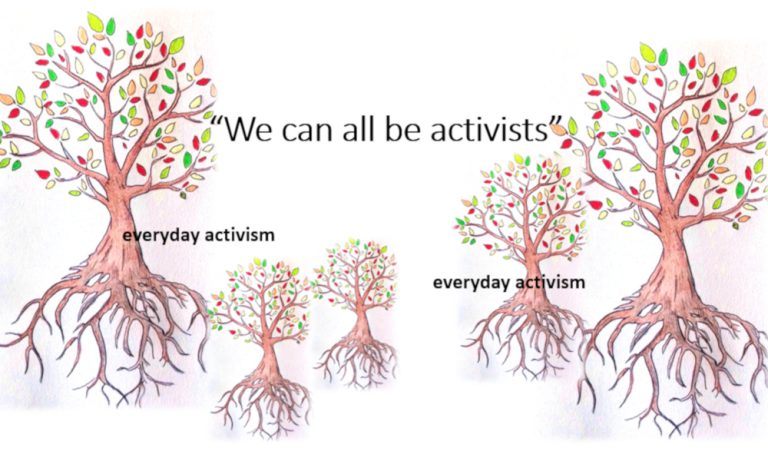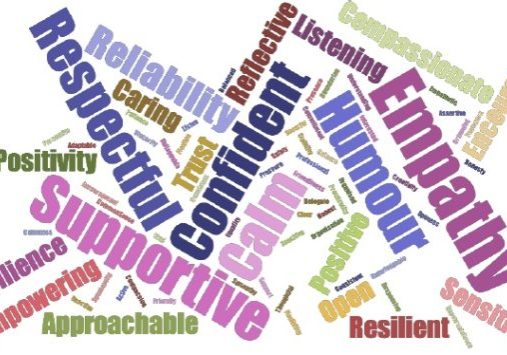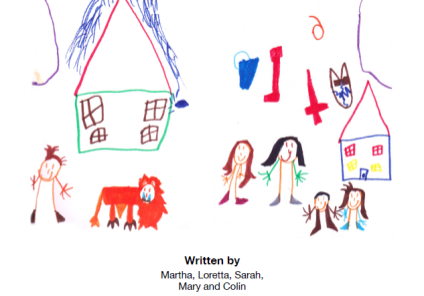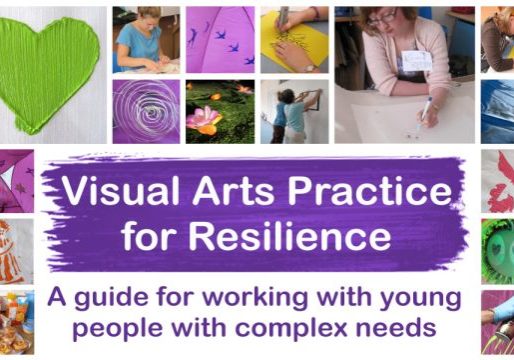In this blog Joe Bulman shares his experiences about his first project as a youth co-researcher on the ‘Nothing About Us Without Us (NAUWU) Project’ and introduces some of the resources they have created.
Reflections from a Youth Co-Researcher Mapping the prominence of activism in Cornwall

Related Resources

Can resilience be measured?
Can resilience be measured? Finding adequate and good ways of measuring is important because we would like to track the effectiveness of resilient building approaches in daily practice, to make sure that people benefit from our interventions, check the quality of our work and continue developing our interventions.

Can kinship carers benefit from learning about resilience?
This is a Collaborative Action Research project using Photo-elicitation to represent kinship carers experiences of trying to use Resilient Therapy and individual interviews with children to find out what helps them through difficult times.

Visual Arts Practice for Resilience: A guide for working with young people with complex needs
The aim of this guide is to offer practical advice and ideas that are affordable and accessible, and can be put into practice with groups of young people. As well as showing how you might put resilience theory into practice and facilitate art based activities.